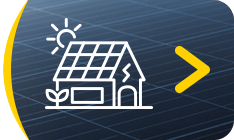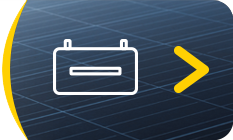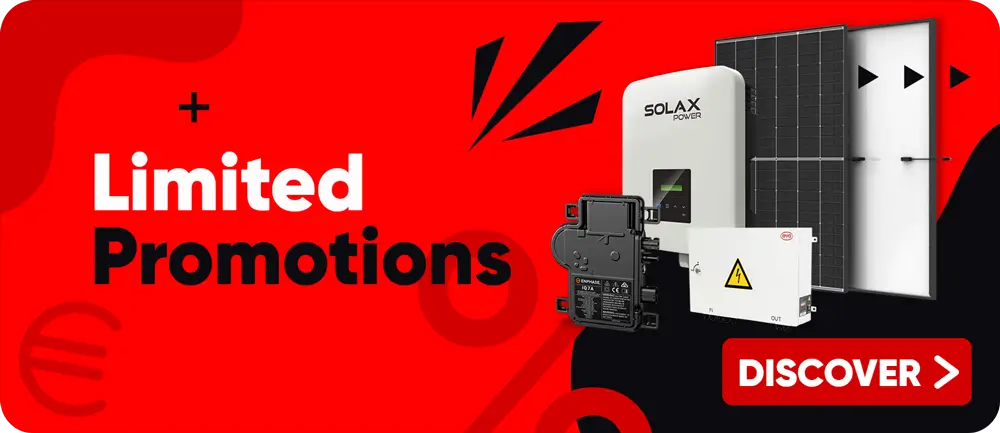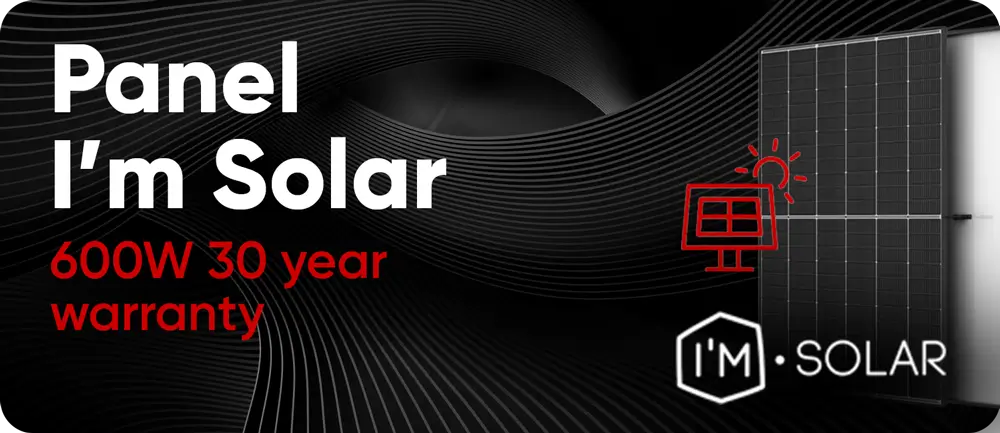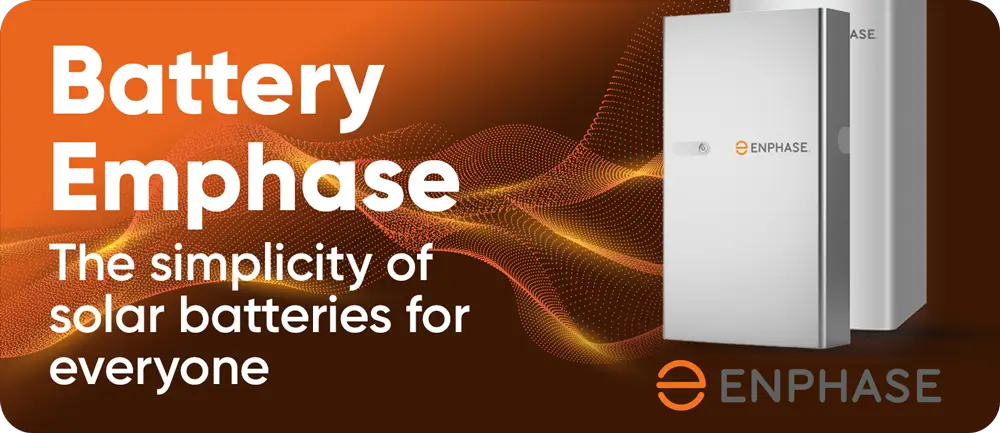- 05 Oct, 2017
- Solar Training , Myths & Facts

Recent media reports mention cases of people being scammed by fake solar panels resellers. The scam is well planned and always follows the same scheme. The reseller boasts about the merits of solar power (and rightly so) and invites you to immediately sign a purchase order as well as a loan application to finance the installation. The reseller makes many false statements in order to convince you to sign the documents. The scammers mostly go door to door but some were seen at trade fairs and exhibitions.
However, such schemes should not discourage you from investing in photovoltaics if the project appeals to you. Here are some tips to protect yourself against a possible solar scam.
1. Do not sign anything rightaway: Dishonest sellers encourage you to immediately sign your order form and a loan request. Do not do that! Instead, take the seller's details and ask about information about his employer. You can then call them back about your project after checking whether the company is serious or a scam. The fake sellers often introduce themselves as EDF partners to fool you. So always check on what they tell you first before signing anything. Many (real) solar panel sellers are not EDF partners and would make pretend that when you ask.
2. A solar installation is not quick business. Ask for a visit from an installer to study the feasibility of your project. This must be the subject of a declaration of works to the town hall, which may refuse the project or make changes. It is therefore necessary to carry out this procedure beforehand.
3. Be wary of salespeople who try to convince you that your project will be self-financing. thanks to various subsidies and the resale of your electricity. Photovoltaics is a medium- to long-term investment. These financial arguments are the weapons used by these scammers to seduce the most reluctant and uninformed. Some will even go so far as to offer you simulations that will present you with biased ROI calculations. Fortunately, there are many serious simulators on the Internet; don't hesitate to use several of them to check their reliability.
4. Find out more about the company. The Internet is a good way to ensure that your interlocutor is serious, based on official websites, social networks and customer comments. Quality labels exist in the photovoltaic sector which can also be an indicator of confidence. Finally, you can always test your interlocutor: ask him technical questions, most fake salesmen do not know their subject and will quickly be demasked.
